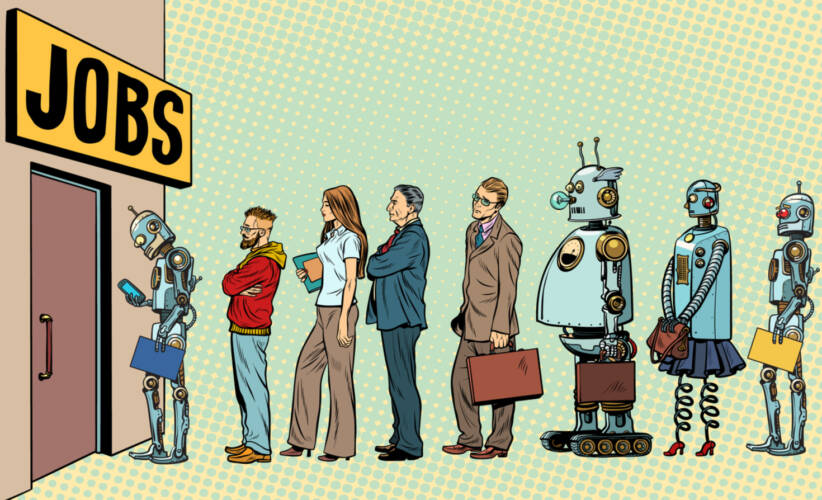Social burnout is a complex condition caused by excessive or prolonged social stress. It is a sneaky and insidious phenomenon that infiltrates our lives, draining us emotionally, mentally, and physically, undermining our productivity and quality of life.
Characteristics of Social Burnout
Social burnout manifests through three key components: emotional exhaustion, cynicism, and a decrease in personal efficacy.
Emotional exhaustion is a state where an individual feels that they have depleted their emotional resources. They may feel tired, weakened, and unable to cope with their daily duties.
Cynicism in the context of social burnout means alienation from people and the social environment. A person becomes indifferent to those around them and their problems, and they may withdraw and avoid social contacts.
A reduction in personal efficacy is related to feelings of incompetence and unproductivity in work and personal life. An individual may begin to doubt themselves and their abilities.
The Onset of Social Burnout
Social burnout often starts insignificantly. Perhaps you’re working too much, trying to meet the expectations of others, or trying to conform to an idealized image of yourself. This leads to overwork, stress, and eventually burnout.
Social burnout can also arise from long-term exposure to stressful circumstances, such as a lack of social support, conflicts, bureaucratic structures, and uncertainty about the future.
Coping Strategies for Social Burnout
Identifying the source of stress. The first step to recovery is identifying the sources of stress. Assess your situation: What causes you stress? At work, home, in relationships? Once you understand what causes stress, you can start taking steps to reduce it.
Setting boundaries. Establishing boundaries is the foundation for healthy relationships, both with yourself and others. It means teaching yourself to say “no” where necessary and limiting activities that drain your energy.
Self-care. The most crucial aspect of recovery is self-care. A healthy lifestyle, including healthy eating, sufficient sleep, and regular physical activity, is important for recovery and maintaining energy. Meditation and relaxation can also help reduce stress levels.
Seeking support. Don’t be afraid to ask for help. Talking to friends, colleagues, or family can make you feel supported. If you find it difficult to cope, consider seeking help from a psychologist or therapist.
Developing positive thinking. We may not always control what happens around us, but we can control our reaction to it. Positive thinking can help you maintain emotional health and cope with stress.
Conclusion
Social burnout is a serious issue that can affect anyone. It’s important to remember that burnout is not a sentence, and it can and should be fought. Identifying the source of stress, setting boundaries, self-care, seeking support, and developing positive thinking are the main strategies for coping with burnout. But if you continue to suffer from deep and prolonged stress, do not hesitate to seek professional help.
 Feed
Feed Trending
Trending









Ad